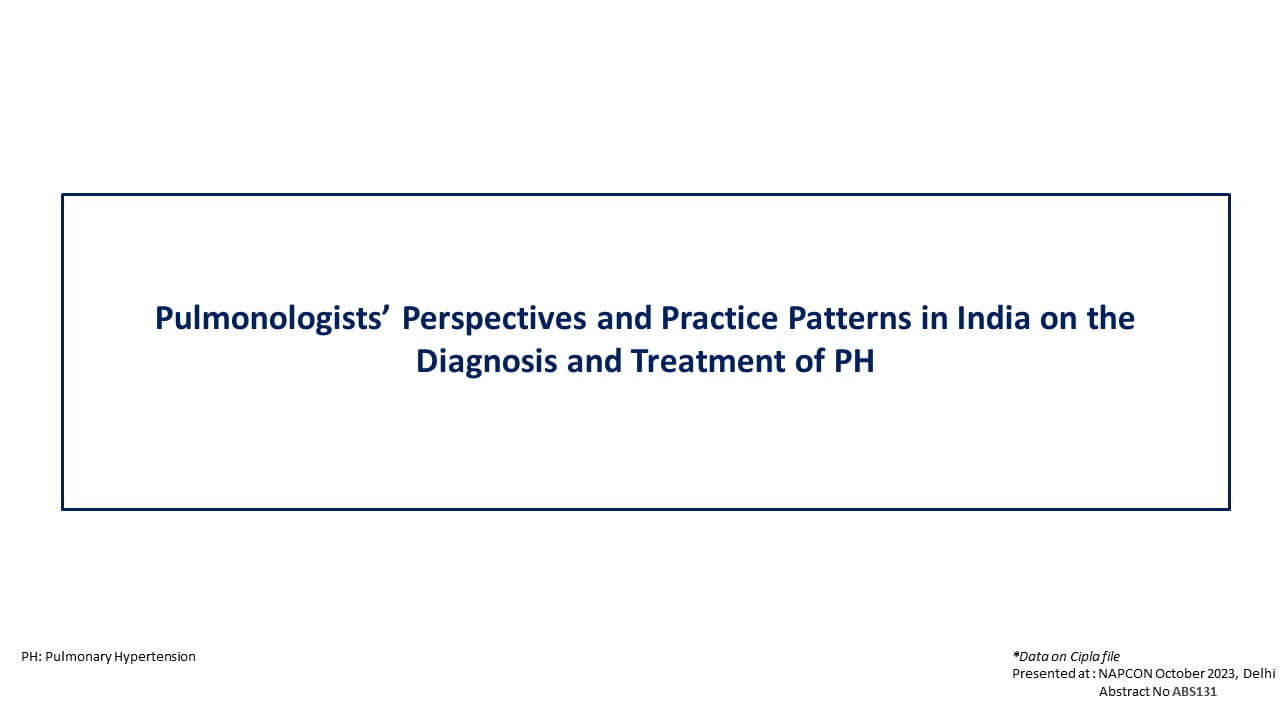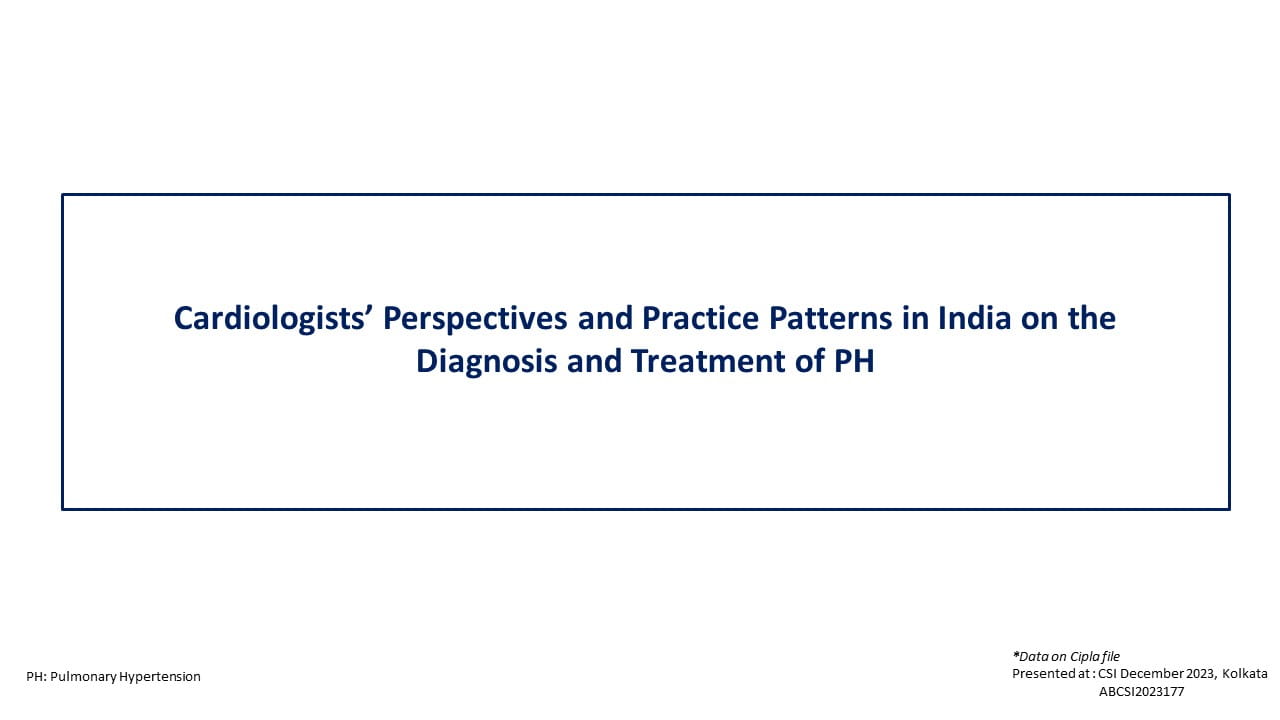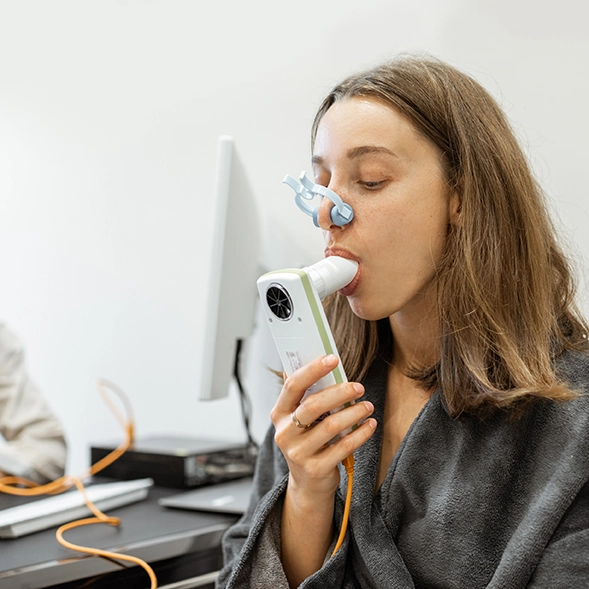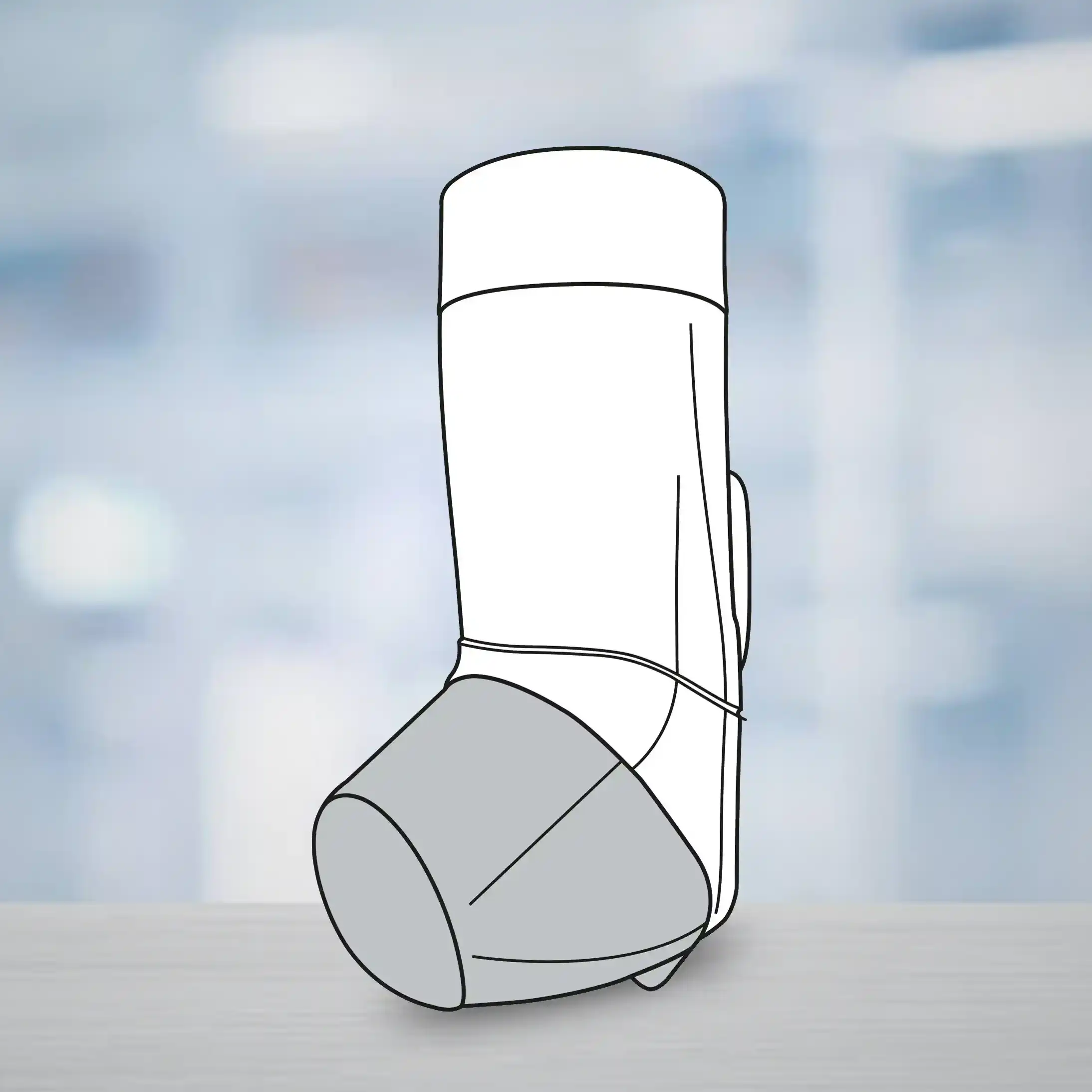Introductions
Women patients with type-2 diabetes mellitus (T2DM) are consistently burdened with a greater relative risk of developing cardiovascular diseases (CVDs), as compared to their male counterparts. Researchers suggests that age-related blood pressure (BP) elevation in women begins earlier in life and rises faster, compared with men; particularly in presence of cardiometabolic stressors such as T2DM. Women with early-onset hypertension and T2DM may therefore benefit from more intensive BP control.
Aim
To determine whether the sex disparities in T2DM-associated CVD risks would be related to early-onset hypertension and whether such patients would benefit from intensive BP control.
Patient Profile
-
Participants from the “Action to Control Cardiovascular Risk in Diabetes” (ACCORD) trial, who provided data on age at hypertension diagnosis (n=3792, 49% women).
-
The study participants were categorized based on sex and age at hypertension diagnosis (<50 years or ≥50 years), and as per the type of BP control (standard BP control: <140 mmHg, intensive BP control: <120 mmHg)
Methods
Study Design
-
A retrospective analysis based on the ACCORD trial
Outcomes
-
Incident CVD events (coronary heart disease, stroke, heart failure, or cardiovascular death)
Results
-
Women patients with early-onset hypertension vs. those with late-onset hypertension had a 31% higher incidence of CVD events [hazard ratio (HR): 1.31; P=0.003]. This excess risk in women was significantly reduced by 35% with Intensive- vs. standard-antihypertensive therapy (HR: 0.65; p=0.036).
-
Such an excessive risk of CVD events was not observed in men (P=0.15).
-
Every decade earlier in age at hypertension diagnosis, increased the hazard for incident CVD risk by 11% overall (HR: 1.11, P=0.006), predominantly in women who received standard instead of intensive antihypertensive treatment.
-
Beneficial impact of intensive vs. standard antihypertensive was particularly evident for women with age at hypertension diagnosis <50 years.
-
Intensive antihypertensive treatment was associated with rare but significant relative risk for serious adverse events (<4%). This association however did not reach statistical significance in women with early-onset hypertension.
Conclusions
-
This first-of-its-kind analysis of a clinical trial demonstrated that intensive-antihypertensive therapy was more effective than standard therapy in terms of reducing the risk of CVD in women with T2DM and early-onset hypertension.
-
Women with T2DM and early-onset hypertension represents a higher-risk subgroup with excess diabetes-related CVD risk and may benefit from intensive BP control.
-
Diabetes Care 2024;47:1028–1031.










